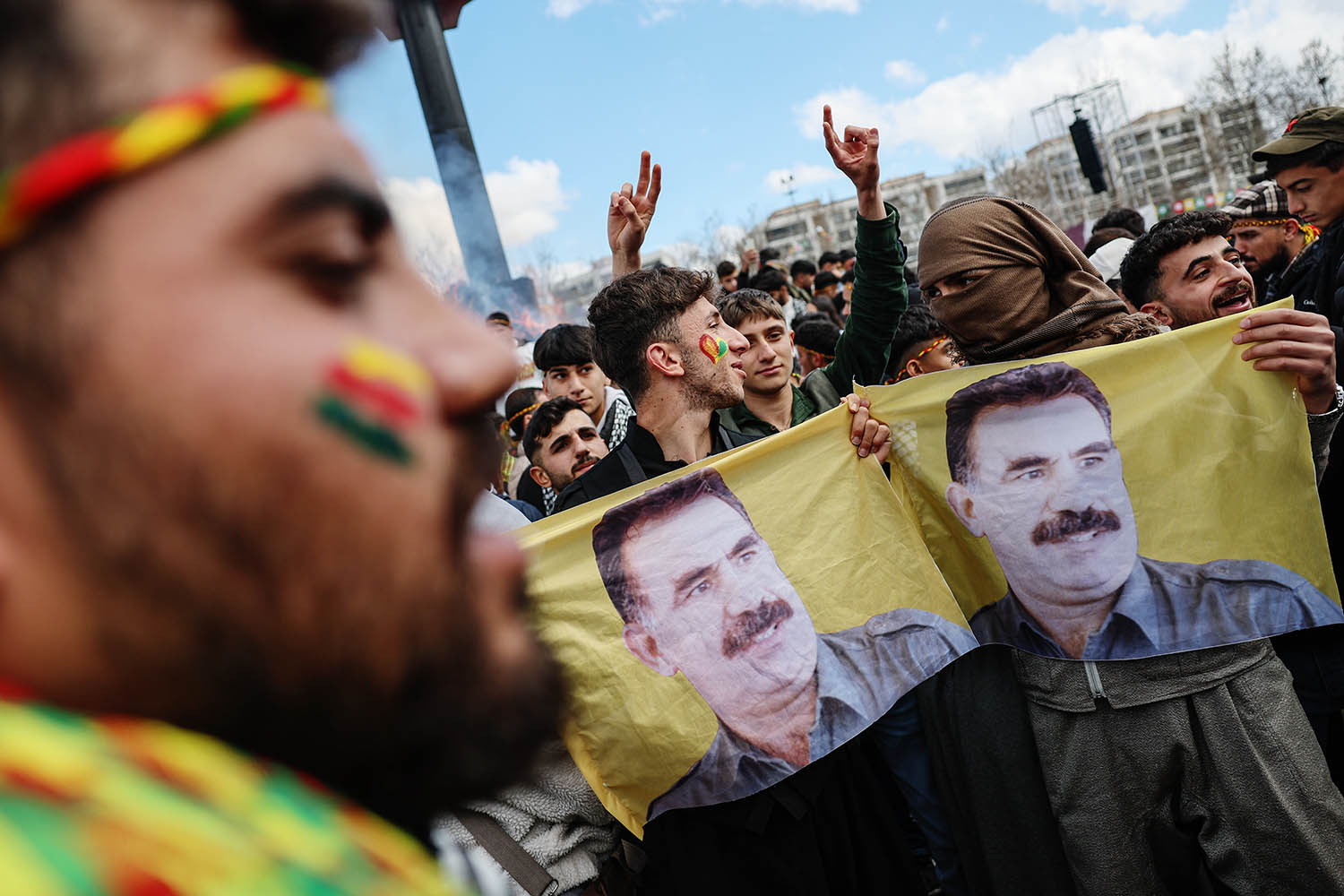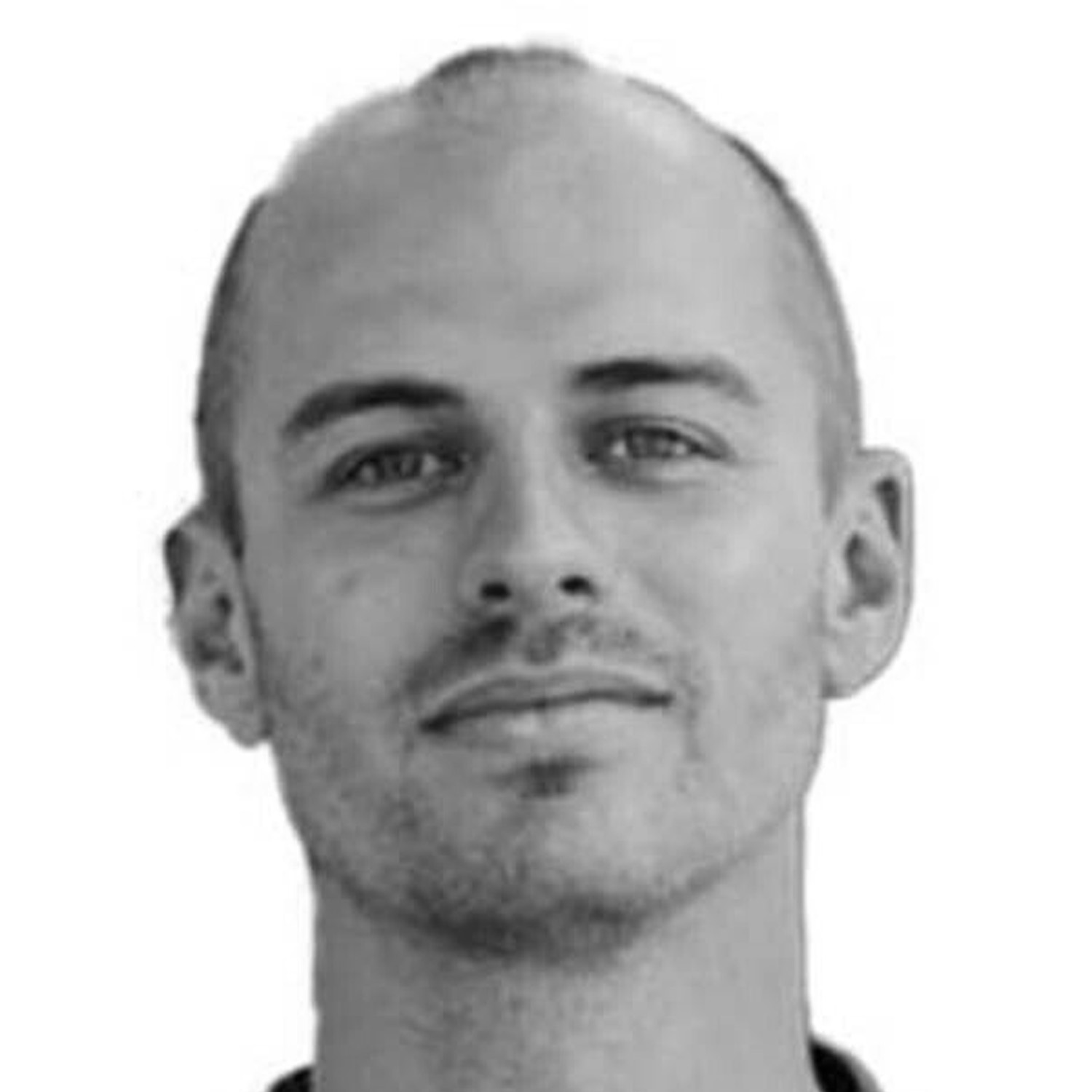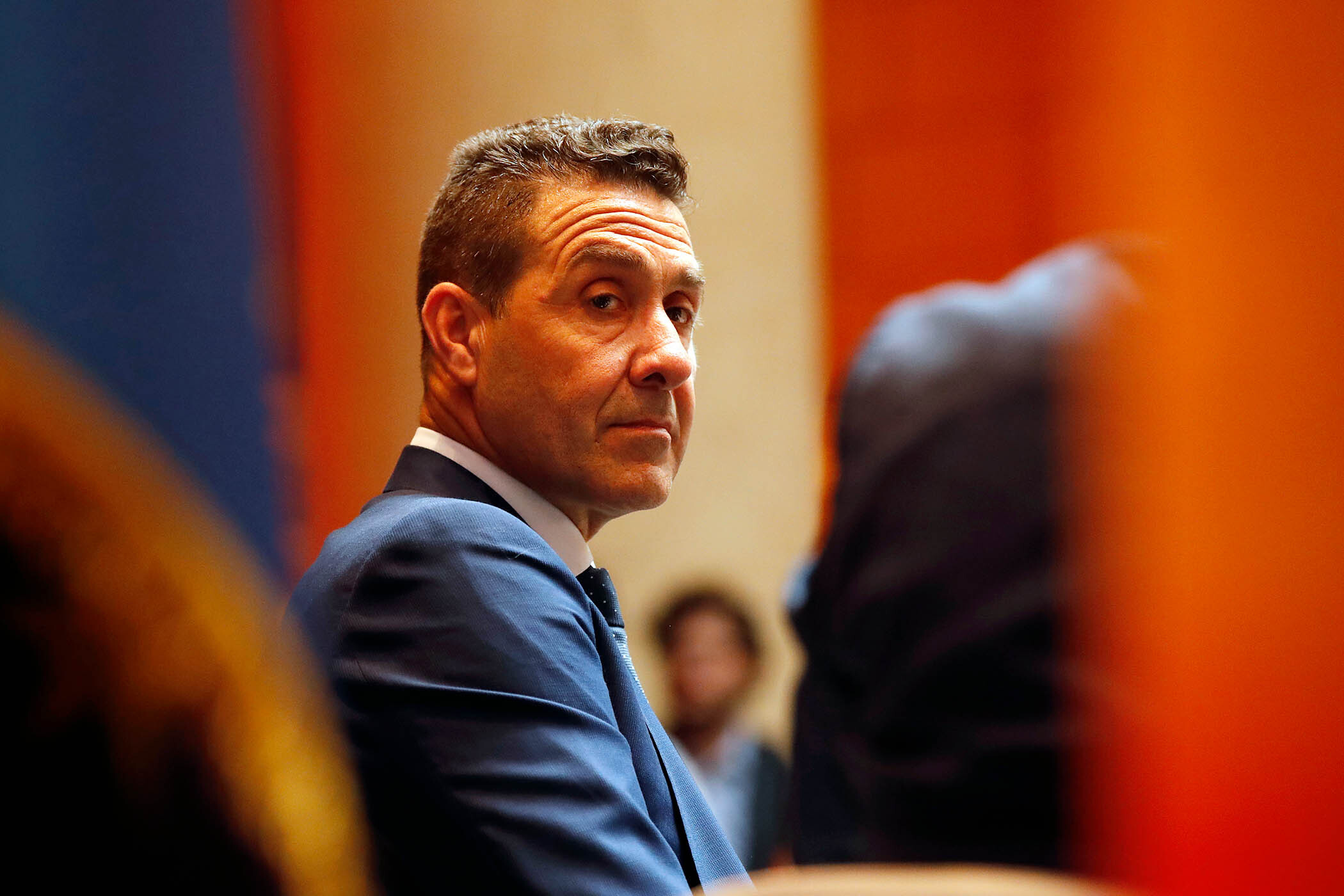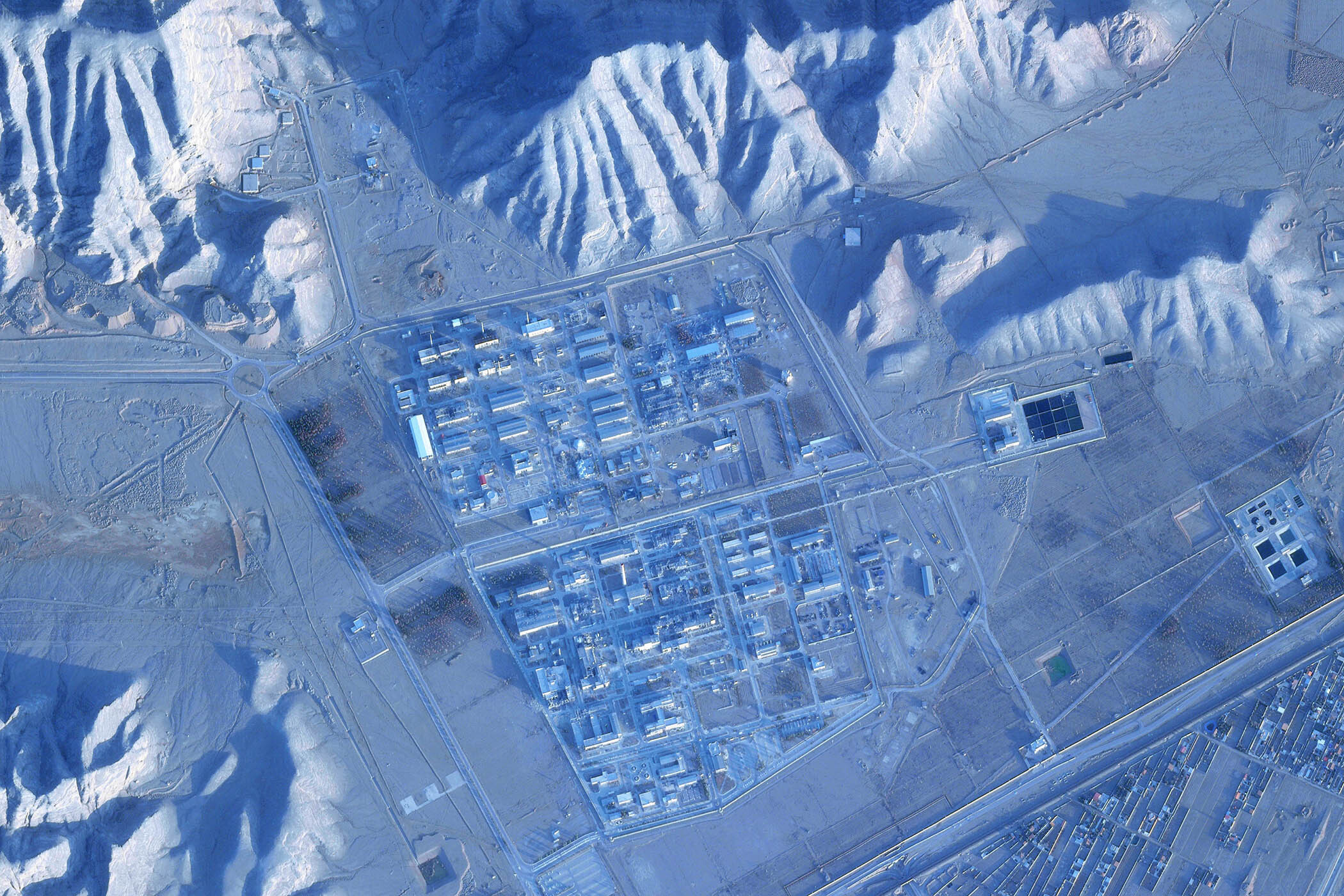After four decades of conflict against the Turkish state, the Kurdistan Workers’ Party (known as the PKK) is laying down its arms and disbanding - a move that could end one of the world's longest insurgencies. Turkey’s President Recep Tayyip Erdoğan is triumphant. He said: “With terror and violence being completely disengaged, the doors of a new era in every area, namely strengthening politics and democratic capacity, will be opened.”
The announcement from the PKK was months in the making. In February, after holding talks with a far-right nationalist party allied to Erdoğan, the PKK’s leader, Abdullah Öcalan, ordered the group to dissolve. He said steps taken by Turkey's government to improve Kurdish rights meant its struggle was no longer necessary. The call came from a prison cell on an island in the Sea of Marmara, where Öcalan has languished since Turkish agents snatched him on a plane at Nairobi’s airport in 1999. Öcalan is the iconic leader of the Kurds, many of whom see him as the embodiment of their struggle and refer to him as “uncle”. To the Turks, he is the “chief terrorist” and known as “baby killer” for his bloody tactics.
Days after Öcalan's statement, the PKK declared a ceasefire. This week the group announced it would dissolve, claiming its activities had successfully brought "the Kurdish issue to a point where it can be resolved through democratic politics". A PKK official said its activities would end “immediately”.
Numbering roughly 40 million, the Kurds are scattered across Turkey, Iran, Iraq and Syria. They have never had a country of their own, losing out when the UK and France carved up the Ottoman Empire in the wake of the First World War. The PKK started life as a Marxist-Leninist separatist group in 1978, founded by a group of university students intent on winning independence. They chose Öcalan, a political science student, as their leader.
After a coup in Turkey in 1980, they fled to Syria and later set up bases in Lebanon. In 1984, the group started launching attacks against Turkish forces. Over the subsequent years, it formed links with Kurds fighting Saddam Hussein in Iraq, eventually forming a nebulous network of affiliates across the region. By the 1990s, however, it shifted its focus from separatism to securing more rights and autonomy for Kurds within Turkey, where they make up about one-fifth of the 85 million population.
The conflict with the PKK brought Turkey close to civil war and killed more than 40,000 people. The PKK attacked military targets but also carried out a deadly bombing campaign, badly affecting Turkey’s tourism industry and earning the group terror designations from the UK, EU and US. Turkey responded with a violent counterinsurgency campaign. Its forces torched thousands of Kurdish villages suspected of harbouring PKK militants, part of a “depopulation” campaign that displaced hundreds of thousands of people.
In the 2000s, Turkey softened its approach as part of accession talks with the EU. Kurdish parents were able to give their children Kurdish names, and TV stations were allowed to broadcast in the language. But it is still not widely used in schools. A peace process launched in 2012 brought hopes of peace, but it broke down in 2015, sparking one of the conflict’s deadliest chapters.
The rise of Islamic State in Syria and Iraq helped fuel the renewed violence. In northern Syria, the mostly Kurdish Syrian Democratic Forces (SDF), backed by the US, helped defeat the jihadists and seized a large chunk of territory. This attracted airstrikes from Turkey, an American Nato ally, which sees the SDF as an extension of the PKK. Turkish jets also hit Kurdish forces in northern Iraq.
In March, the SDF agreed to integrate its units into Syria’s military after a coalition of formerly Islamist groups toppled Bashar al-Assad in December. This represents another big win for Erdoğan. Back in Turkey, few details of the agreement with the PKK have been made public. It is uncertain whether the PKK’s affiliates in Syria, Iraq and elsewhere will come down from their mountain hideouts and disband. Nor is it clear if the PKK has extracted concessions from Erdoğan on improved Kurdish rights within Turkey. PKK members have expressed hope that their leader, Öcalan, will finally be released, but Turkish officials have made no guarantees on that front either.
As a result, observers are cautious. But if both sides manage to make peace stick, the benefits will be huge. In addition to ending decades of violence and instability in Turkey, it could help stabilise Syria’s new government as it tries to build a state from the ashes of Assad’s regime.
Newsletters
Choose the newsletters you want to receive
View more
For information about how The Observer protects your data, read our Privacy Policy
Photograph by Sedat Suna/Getty Images



